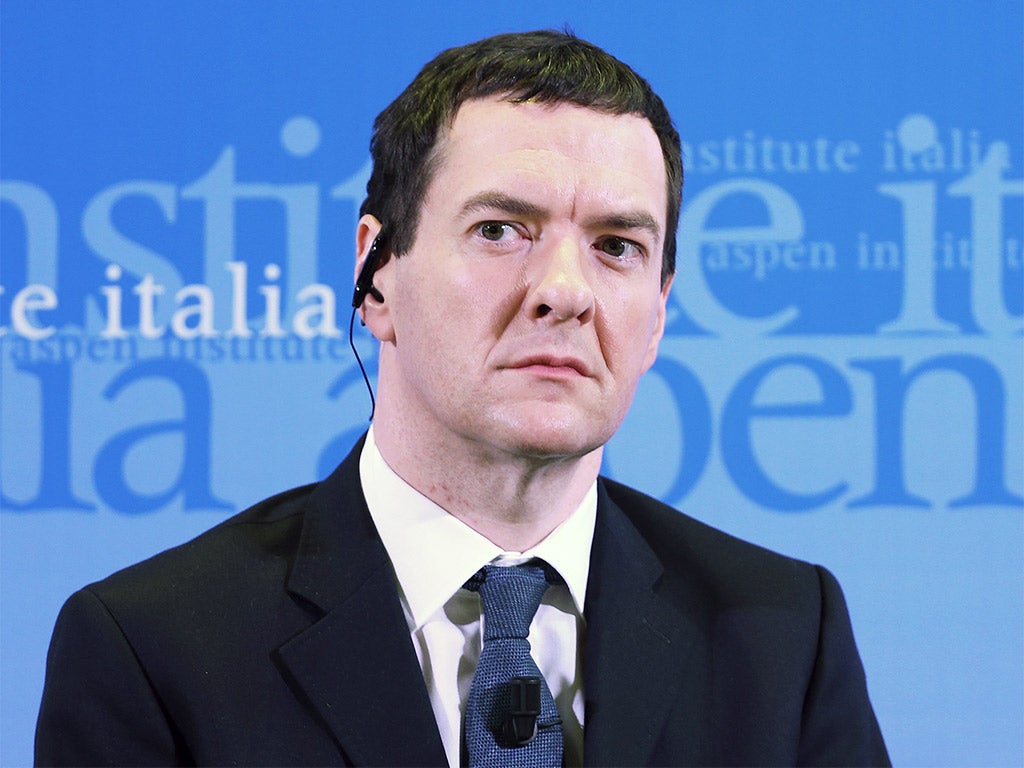George Osborne accused of missing chance to crack down on tax avoidance with EU proposals
Labour argue David Cameron's demands should have included measures to ensure corporations pay more tax

George Osborne has been accused of missing a golden opportunity to crack down on tax avoidance by multinational companies by making it part of the Government’s EU reform agenda.
In a Commons debate, Labour argued that David Cameron’s EU proposals should have included measures such as country-by-country reporting, which would force firms to disclose the sales, profits and taxes paid in each nation where they operate.
John McDonnell, the shadow Chancellor, claimed that Google's £130m "sweetheart" deal with HM Revenue and Customs had "driven a coach and horses" through international efforts to ensure that multinationals pay more tax. "It now appears that the Chancellor is missing an opportunity in the recent EU negotiations to secure a robust international agreement to tackle tax avoidance and tax evasion,” he said.
Mr McDonnell warned: “The UK is now becoming depicted across Europe as a tax haven. It risks establishing a race to the bottom in which every country outbids each other to offer the lowest possible taxation."
But a Labour motion, calling for full details of the Google agreement to be published and the swift introduction of country-by-country reporting, was defeated by 271 votes to 299, a government majority of 28.
David Gauke, a Treasury minister, accused Labour of a “complete misunderstanding” of how corporation tax works and insisted: “There are no sweetheart deals.” He added: “This Government is dedicated to increasing tax transparency and has already taken action. Just last week the UK signed an agreement with 30 other tax administrations to share country-by-country reports from next year. We want agreement so that information can be made public…we will continue to lead any multilateral debates on tax transparency as we have in so many areas of international tax avoidance."
Mr Gauke said the current international rules were clear that profits are taxed in the place of economic activity rather than where sales are made.
Join our commenting forum
Join thought-provoking conversations, follow other Independent readers and see their replies
Comments
Bookmark popover
Removed from bookmarks